Innovate to Mitigate: Environmental Innovation Challenges
Description
Current priorities in science education include efforts to engage students in scientific reasoning, use the practices of science to understand natural phenomena, and constructively respond to local and global challenges. This project responds to these priorities by engaging teams of students in grades 8–12 in competitive Challenges to design innovative strategies for carbon mitigation in, for example, transportation, agriculture or energy use. The project expands the typical boundaries of schools by enabling teams of students in multiple locations to collaborate in model-based reasoning to construct possible solutions to environmental challenges. Students and their teachers will cross disciplinary boundaries as they choose concepts from chemistry, engineering, mathematics, biology, and social science to support their innovations.
Teachers, students, project scientist-researchers, and advisors will comment in online discussion forums to help improve ideas and to troubleshoot, thus using social media and crowdsourcing to iteratively improve submissions in the competition. This early stage Design and Development study is guided by the hypothesis that competitive challenges supported by social media and crowdsourcing will engage a diverse array of students in sustained and meaningful scientific inquiry. Over a period of four years, the project will design and refine four Challenges that will engage approximately 1,000 students of ages 13–17.
NSF Award: 1908117


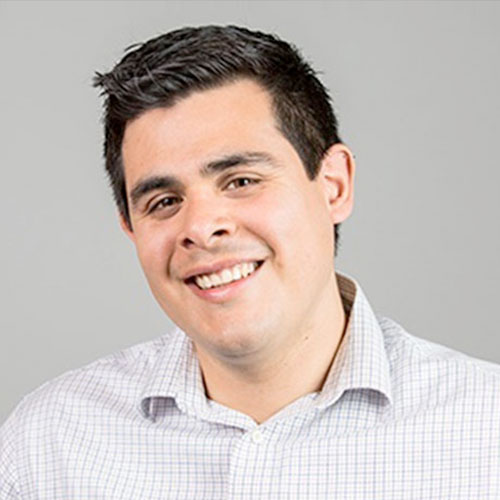

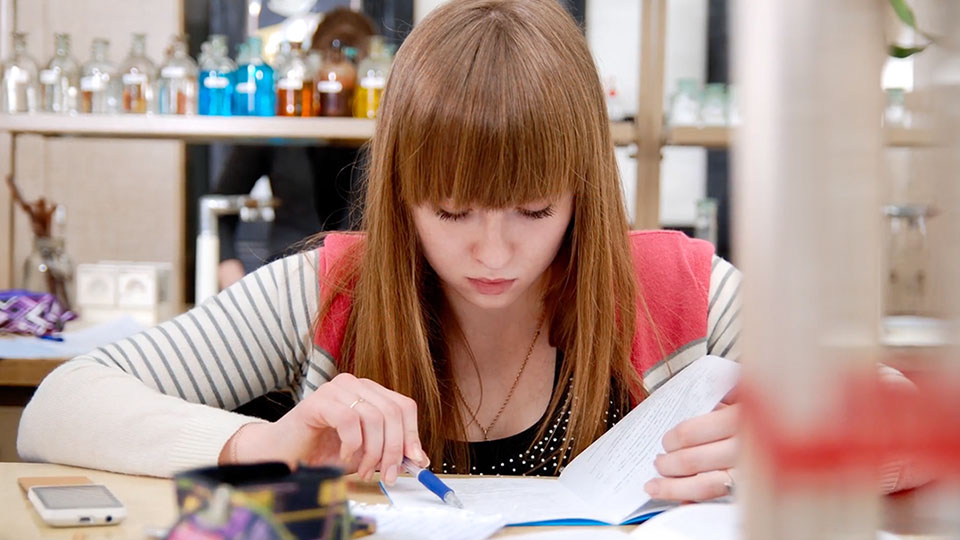
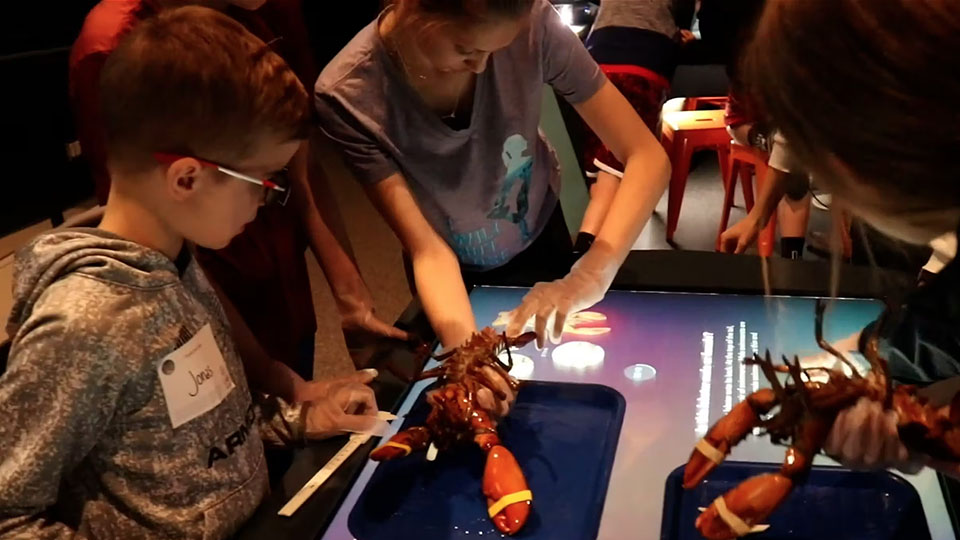
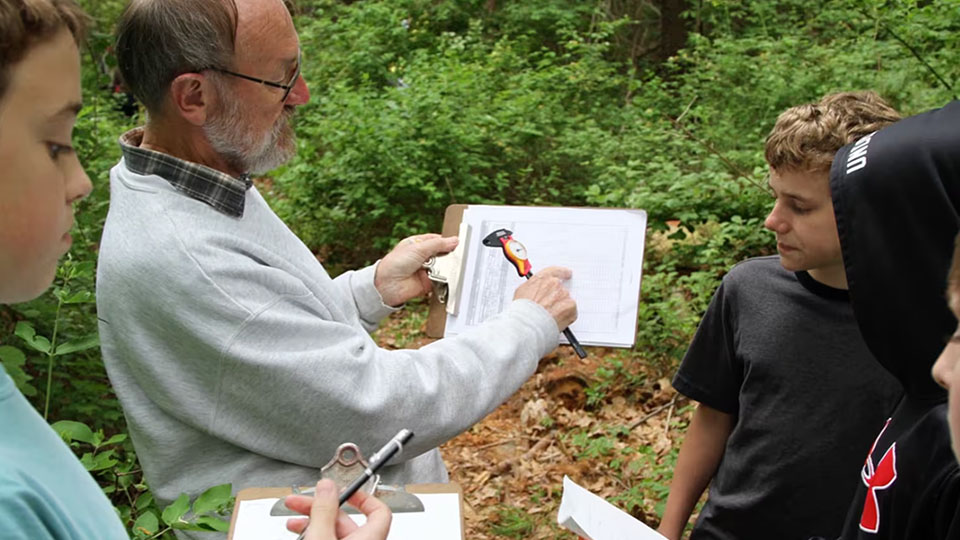
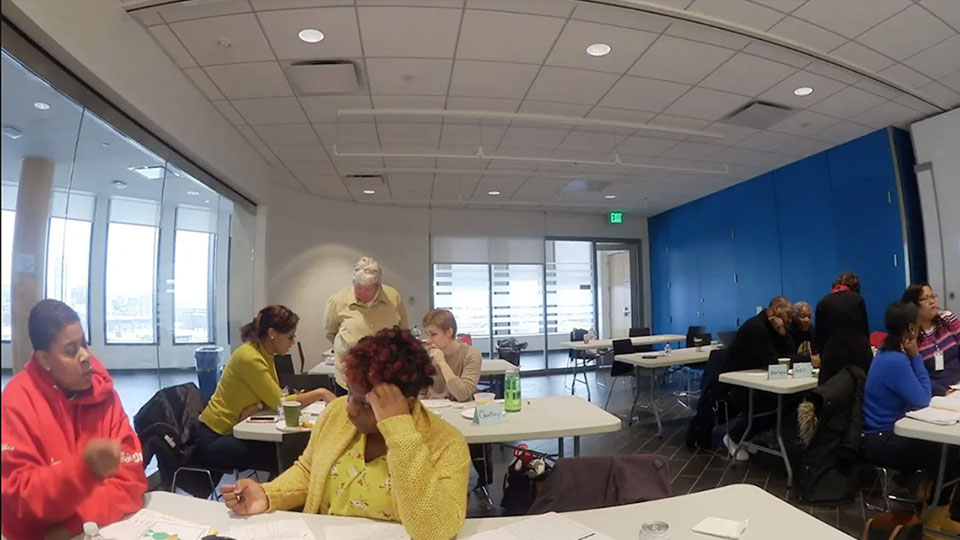
https://www.researchgate.net/publication/360631130_Innovate_to_Mitigate_Analysis_of_student_design_and_rationale_in_a_crowdsourcing_competition_to_mitigate_global_warming#fullTextFileContent